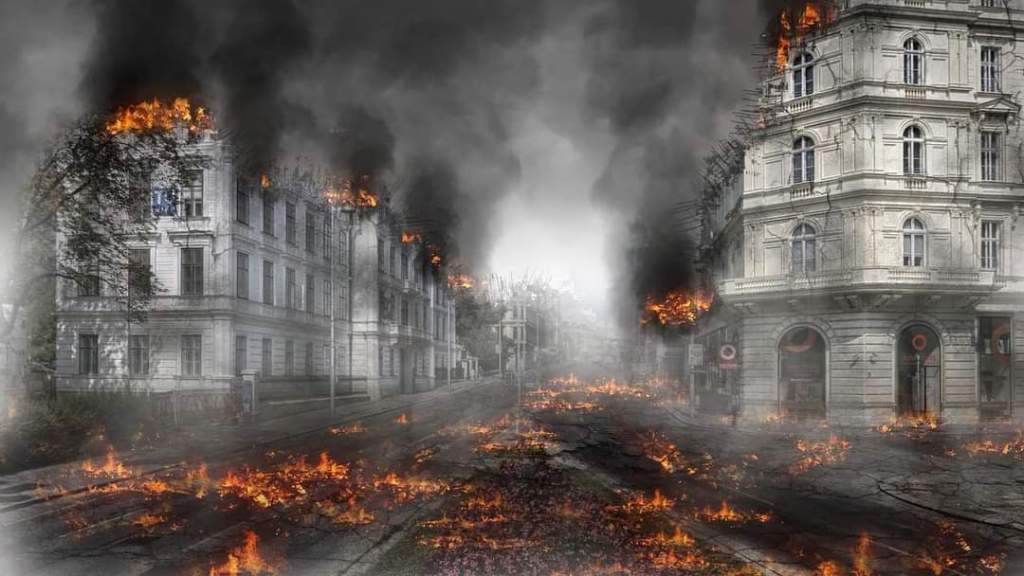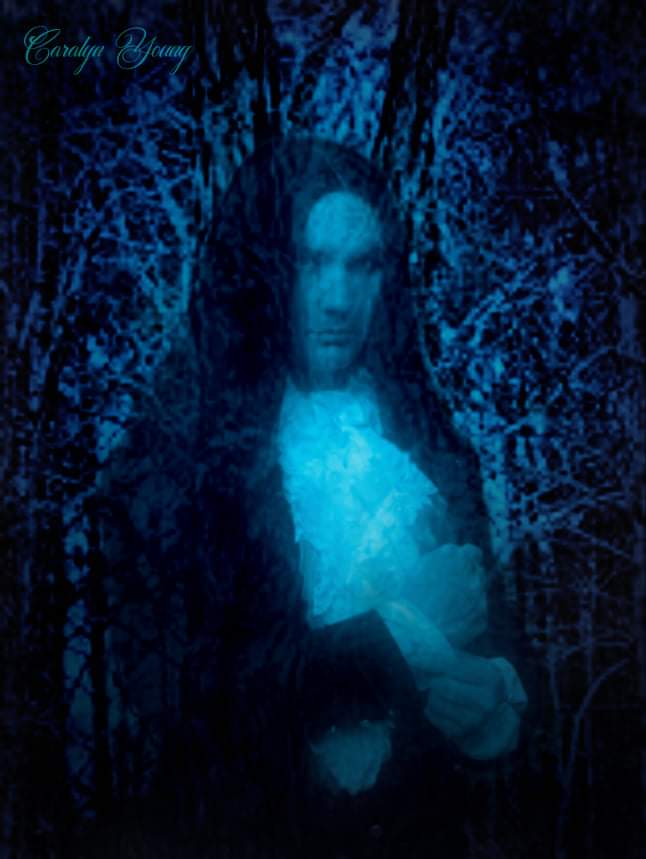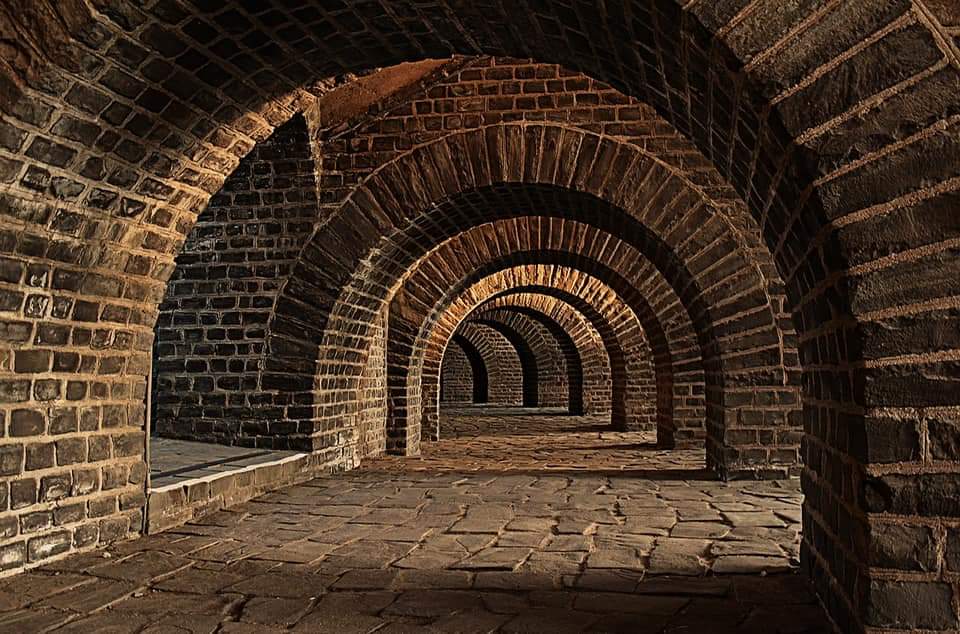 She was my friend, but no one knew about her. She said no one would believe me anyway, so I never told anyone. Until now. Maybe you won’t think I’m crazy.
She was my friend, but no one knew about her. She said no one would believe me anyway, so I never told anyone. Until now. Maybe you won’t think I’m crazy.
Her name was Daisy, but I called her my flower girl. She was so pretty in her white dress with a clover chain draped around her head. I thought she was the most beautiful thing in the world and my eight year old heart was smitten.
Daisy didn’t talk much. Mostly she smiled, giggled, ran away, and buried her face in every flower she found. She loved flowers and I could always find her hiding in the trailing roses at the edge of the cemetery.
I met her one day when I followed a lizard into the bushes. She had crouched behind them, watching the people pass by, she said. My lizard escaped while I stood and stared at her. She laughed at me and told me to chase her.
I had never been inside the cemetery before. It was an ordinary one, I suppose, but my child’s imagination had conjured all sorts of evil existing there. That day, with Daisy glancing over her shoulder at me as she ran, I forgot to be afraid. She led me a merry chase, up and down the rows of headstones, ducking behind trees and slipping away before I could catch up to giggle at me from behind another.
When the factory whistle reminded me of supper and my mother, she blew me a kiss and told me to come play again. So I did. Every afternoon, so long as it wasn’t raining, I ran to the cemetery to find her. She was always there, hiding under the trailing roses, and she always greeted me the same way. Every afternoon we played tag among the stones.
Some days, she would stop for a while at this grave marker or that, pointing at the words engraved there. I would stumble through the names and epitaphs, wondering what held her attention so long. Sometimes it would be a child’s grave, sometimes a soldier’s. Usually it named just an ordinary person. Some were new, some were so old the inscriptions were all but illegible. She never told me why they were important to her, and she never stayed long.
I never questioned that she was always there beneath the roses. I never asked why she never changed her dress. I never thought about the fact that her clover chain never faded or was lost, or her bare feet never dirty no matter how long we played. She was my best friend and the love of my young life.
Eventually other interests claimed me. The neighborhood boys recruited me for football practice with scraps from construction sites and dumpsters as goals, bicycle helmets and wadded newspapers in our shirts our only protection. My third grade teacher, a pleasant looking woman with a will like iron, believed in homework to keep idle hands from mischief, and thus stole many of the afternoons not devoted to “the game.”
Fewer and fewer days found me at the cemetery. When I did go, I found that playing chase and staring at headstones soon grew monotonous, and I would say goodbye to Daisy. She still blew me kisses and told me to come again, but she seemed different all the same.
One day, I followed her slowly into the graveyard instead of chasing her as usual. She stopped and turned to look at me, her smile gone. “Goodbye,” she said simply, then ran away. I went home to do my homework, and although I went to the cemetery for a few weeks afterwards, I never saw my flower girl again.









 She was my friend, but no one knew about her. She said no one would believe me anyway, so I never told anyone. Until now. Maybe you won’t think I’m crazy.
She was my friend, but no one knew about her. She said no one would believe me anyway, so I never told anyone. Until now. Maybe you won’t think I’m crazy. The monk stood beneath the arch, staring down the endless corridor of archways. Once echoing with the sounds of prayers and sandals, once filled with the bounty of the fields waiting to be distributed where needed, the archways stood empty and silent. He was alone.
The monk stood beneath the arch, staring down the endless corridor of archways. Once echoing with the sounds of prayers and sandals, once filled with the bounty of the fields waiting to be distributed where needed, the archways stood empty and silent. He was alone.